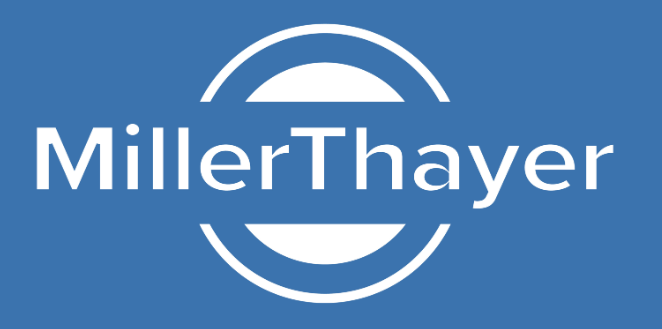Now is the best time to think about tax savings and tax planning. By April when most people ask how to lower their tax bill, it is often too late to do anything. Preparing tax returns is like reporting the news, you’re just stating what happened. There is not a lot you can do reduce taxes once the year is over. Tax savings is best done proactively through tax planning and implementing strategies during the year.
Proactive Tax Savings Strategies
Now Is The Time To Be Proactive With Your Taxes
Below are my most recommended tax savings opportunities. Some may apply to you, some may not, but I urge you to take the time to read through them. If you have questions about them or anything else, please let me know. I would be happy to schedule some time to talk with you about your individual situation, questions, or concerns.
Tax Saving Opportunities to Act-On Now:
General:
- Contribute to a qualified 529 savings plan
- Fund your HSA and/or FSA
- Make January’s mortgage or real estate tax payment in December to get the deduction early
- Donate to charity, including non-cash donations such as Good Will
- Avoid taxes on an RMD with a charitable donation
- Prepay college tuition for the spring semester
- Make an extra payment on your student loans
- Prepay personal vehicle excise taxe
Retirement:
- Contribute to a Traditional IRA or Roth IRA
- Make a back door Roth conversion
- Maximize your 401k or 403b at work
- Contribute to a Self-Employed Pension plan, or solo 401k (if you qualify)
Business:
- Invest in the business to lower taxable income; bonus deprecation and section 179 were extended with the Tax Cuts and Jobs Act
- Prepay expenses early to get the deduction this year
- Extend client’s payment terms to push revenues into next year
- Keep a mileage log to take advantage of the standard mileage deduction
- Contribute to your SEP plan
- Pay estimated payments to avoid small penalties
- Consider an S Corp election
Rental Property:
- Invest in the property to lower taxable income
- Make January’s mortgage or real estate tax payment in December to get the deduction early
- Same with condo fees, insurance premiums, or other recurring expenses
- Make sure the unit is available for rent (even if not rented) for as much of the year as possible
- If it’s a vacation property, do not use it for more than 14 days of the year
- Consider a section 1031 exchange before selling
Investments:
- Hold securities for greater than one year, when possible
- Harvest your capital losses if your income is higher than normal this year
- Sell long term positions if your income is lower than normal this year
- Invest in tax-exempt municipal bonds
- Do not sell to cover ISOs or ESPPS from your employer; they are taxed as short term
- Plan the exercise & sale of ISOs to avoid AMT
- File an 83(b) elections when allowed for new company shares
